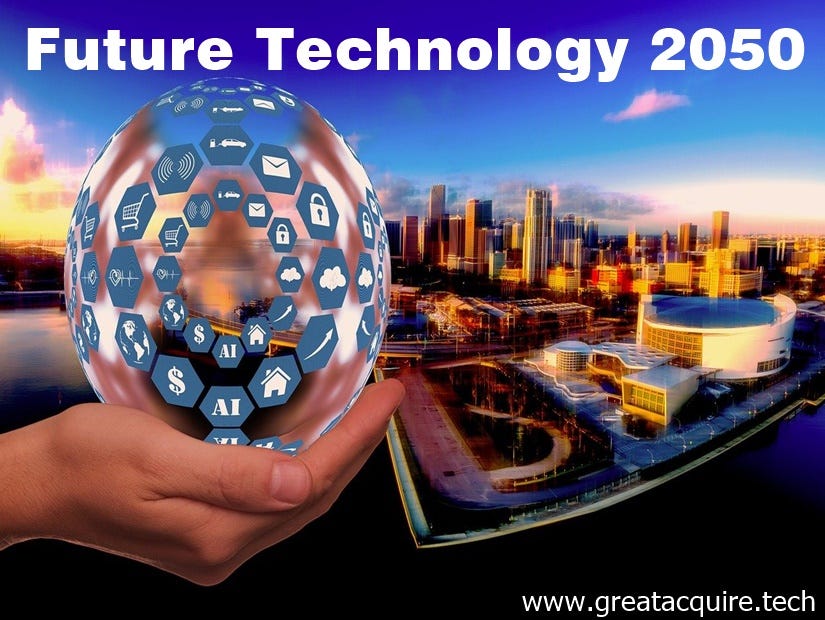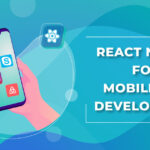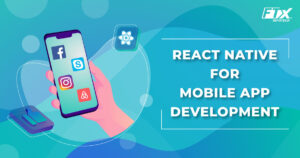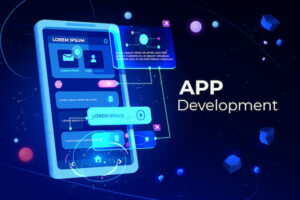The Future of Web Development
Introduction :-
The field of web development has seen rapid evolution since the birth of the World Wide Web in the early 1990s. As we fast forward to 2050, the landscape of the future of web development is poised to undergo even more significant transformations. The field of web development has evolved tremendously over the years, and it continues to do so at an unprecedented pace. In this digital age, the web is the cornerstone of our daily lives, serving as the backbone of information dissemination, commerce, communication, and entertainment.
AI-Driven Development
Artificial Intelligence (AI) has already made its mark in web development, but by 2050, it will be an integral part of the process. AI algorithms will automate routine tasks, generate code, optimize user experiences, and even predict and fix bugs. Web developers will work alongside AI systems to create more efficient and personalized websites.
Virtual Reality (VR) and Augmented Reality (AR)
In 2050, the web will be a fully immersive experience. VR and AR technologies will enable users to interact with websites and applications in three dimensions. Web developers will need to adapt by mastering 3D modeling, spatial design, and creating experiences that seamlessly integrate the physical and virtual worlds.
Blockchain for Web Security
With cyber threats becoming increasingly sophisticated, web security will be paramount in 2050. Blockchain technology will be used to secure user data, transactions, and identities on the web. Decentralized applications (DApps) and smart contracts will become commonplace, requiring web developers to understand blockchain development.
Quantum Computing
Quantum computing will revolutionize web development in 2050. These ultra-powerful computers will solve complex problems and perform calculations at unprecedented speeds. Web developers will leverage quantum computing to enhance data processing, encryption, and AI capabilities, leading to the development of more advanced web applications.
Voice and Natural Language Interfaces
Voice-activated and natural language interfaces will become the standard way to interact with websites and applications. Web developers will need to incorporate voice recognition, natural language processing, and conversational AI into their projects to create user-friendly and accessible web experiences.
IoT Integration
The Internet of Things (IoT) will continue to expand, connecting everyday objects to the web. Web developers will work on projects that involve integrating and managing IoT devices, enabling users to control their smart homes, cars, and appliances through web interfaces.
Conclusion :-
The future of web development in 2050 promises to be an exciting and dynamic era.
AI, VR, blockchain, and other emerging technologies will redefine how websites and applications are built and experienced. To thrive in this evolving landscape, web developers must embrace these trends, continually update their skill sets, and stay committed to ethical and sustainable practices. As we embark on this journey towards the web of the future, the possibilities are endless, and the opportunities are boundless.







